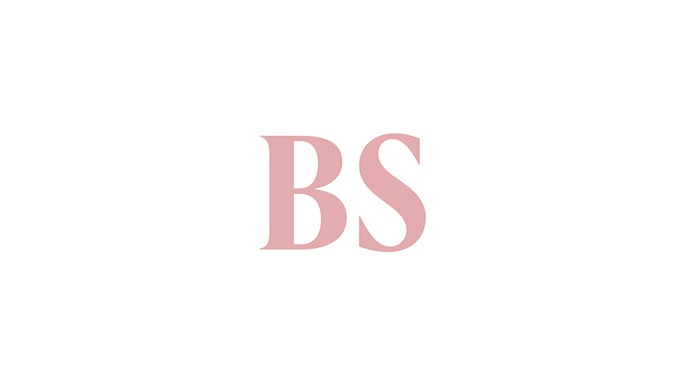Asian shares bounce, markets on edge ahead of US inflation report
MSCI's broadest index of Asia-Pacific shares outside Japan gained 0.65%, snapping two straight days of losses, after having slumped to its lowest in two years the day before

Photo: Bloomberg
Asian stocks gained on Wednesday, taking back some of their recent losses, while the euro hovered just above parity against the dollar ahead of a highly anticipated U.S. inflation report later in the global day.
MSCI's broadest index of Asia-Pacific shares outside Japan gained 0.65%, snapping two straight days of losses, after having slumped to its lowest in two years the day before.
Taiwanese stocks led the gains, with Taiwan Semiconductor Manufacturing Corp a regional and local index heavyweight rallying 4%, after Taiwan's finance ministry said on Tuesday it would activate its stock stabilisation fund. The market fell to a 19-month low that day.
Japan's Nikkei was up 0.45% after losing nearly 2% the previous day.
But most moves felt insubstantial ahead of the release of U.S. inflation data for June, which economists polled by Reuters expect to have accelerated by 8.8% on an annual basis, a 40-year peak.
Also Read
A high inflation print would likely be read by the U.S. Federal Reserve as a sign they need to continue with aggressive interest rate rises to get on top of surging prices, even if this might push the economy into recession.
The Fed increased rates by a supersized 75 basis points in its last meeting.
"Sharp weakness in oil prices in July suggests that June's (inflation) may mark a peak, however. If so, the most dynamic phase of Fed tightening could conclude with a 75bps rate rise on 27 July," said analysts at ANZ.
"However, our expectation is that underlying strength in core inflation and still deeply negative real policy rates means 50bps rate rises will still be appropriate after the summer."
Underscoring the global inflation concerns, South Korea's central bank on Wednesday raised rates by 50 basis points, the biggest increase since the bank adopted the current policy system in 1999, and New Zealand's central bank also increased rates by the same amount.
Worries of higher rates contributing to slowing global economic growth has been a major factor in stock market declines this year, while in currency markets, the main effect has been to boost the safe-haven dollar.
The euro was at $1.00265 on Wednesday morning, as investors remained focused on whether it would fall below 1 U.S. dollar for the first time since 2002.
It dropped to just a whisker away on Tuesday, falling as low as $1.00005.
The dollar was also firm on other peers, and its index measure against major rivals was holding solidly at 108.27.
The U.S. benchmark 10-year yield was 2.9743%, having traded either side of 3% for the last week.
Oil prices paused their overnight declines. Brent crude was little changed at $99.55 a barrel with U.S. West Texas Intermediate crude at $95.78.
(Only the headline and picture of this report may have been reworked by the Business Standard staff; the rest of the content is auto-generated from a syndicated feed.)
More From This Section
Don't miss the most important news and views of the day. Get them on our Telegram channel
First Published: Jul 13 2022 | 9:53 AM IST


